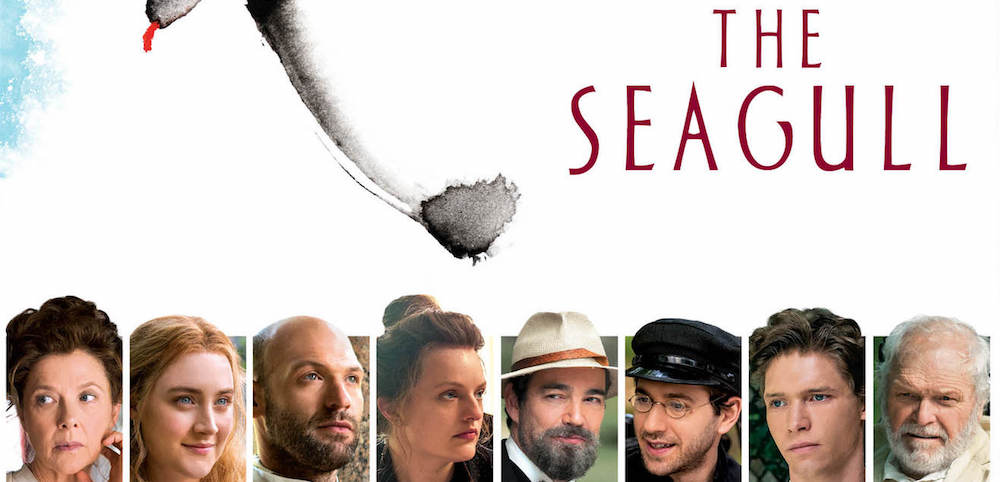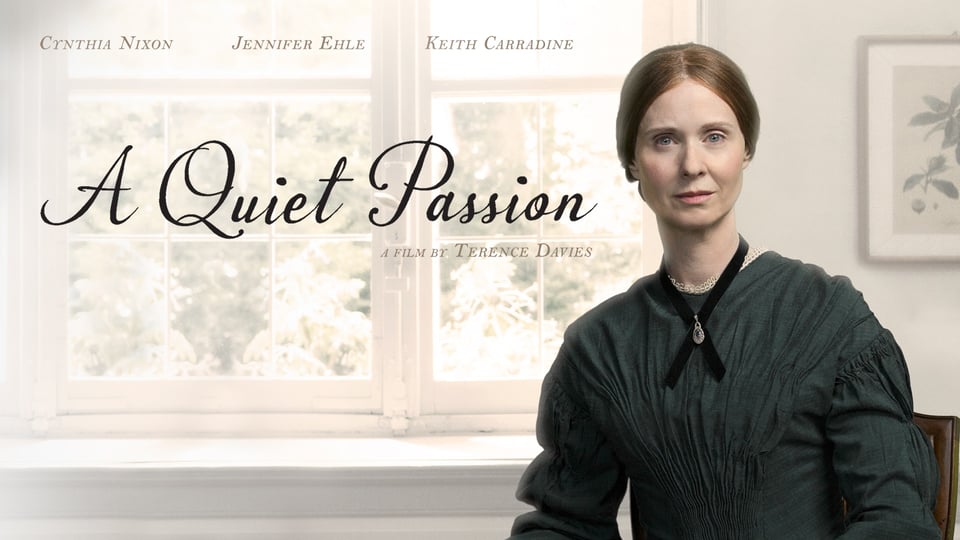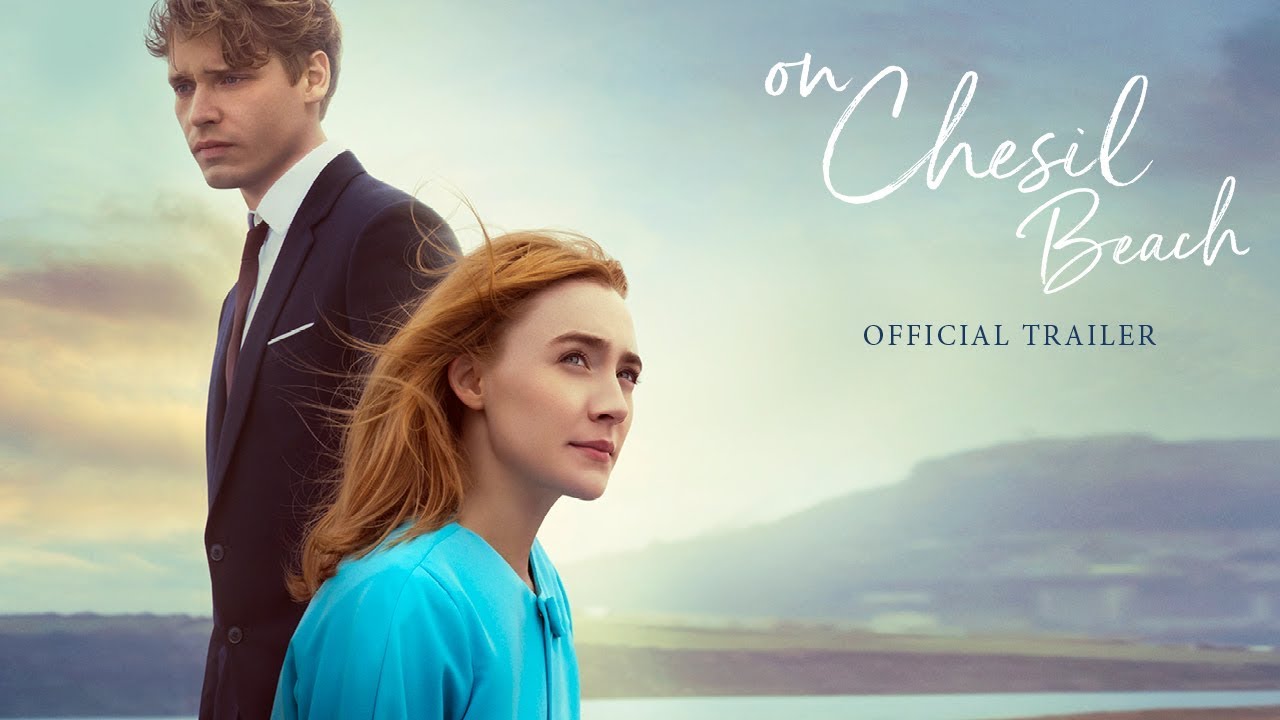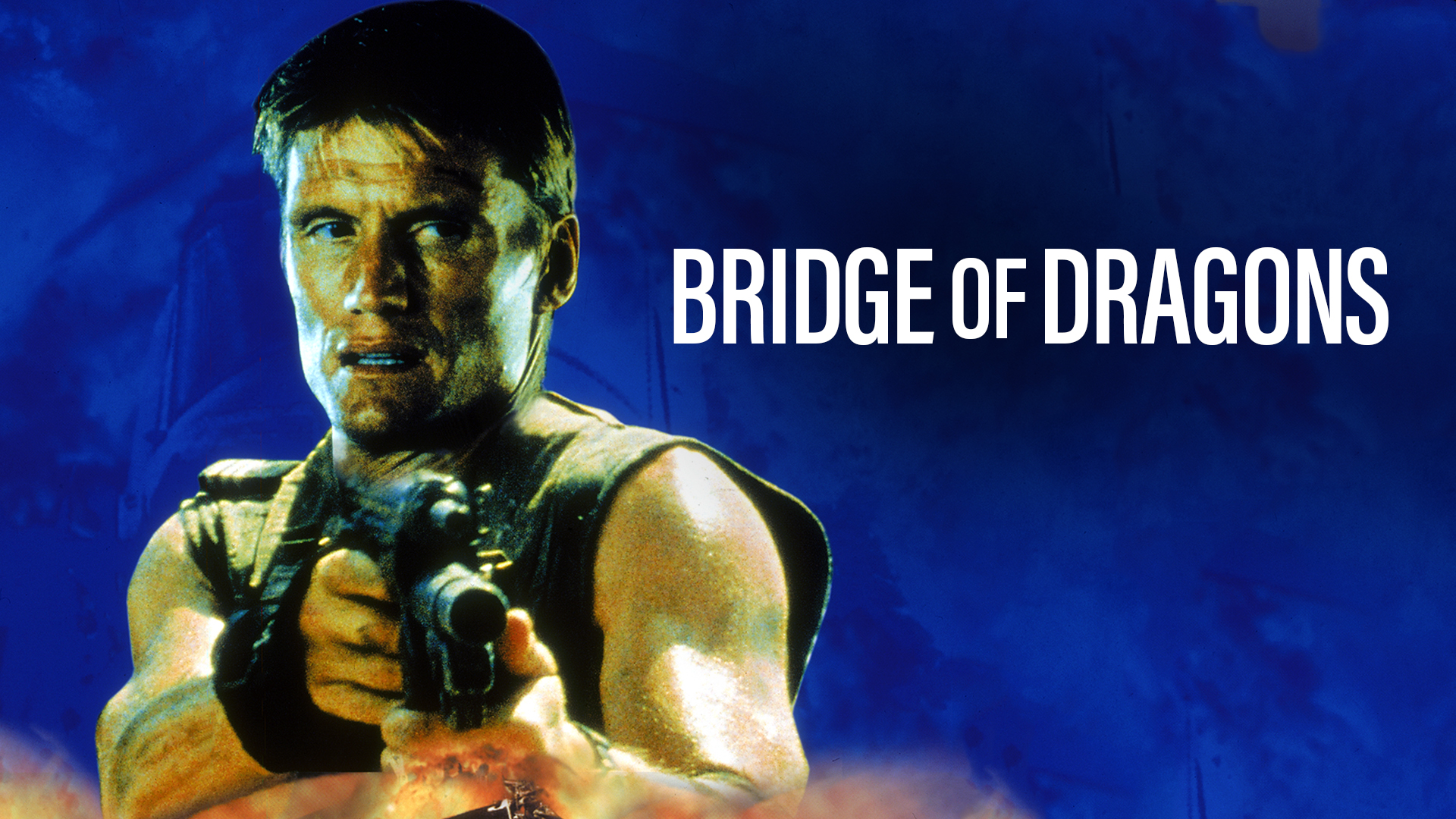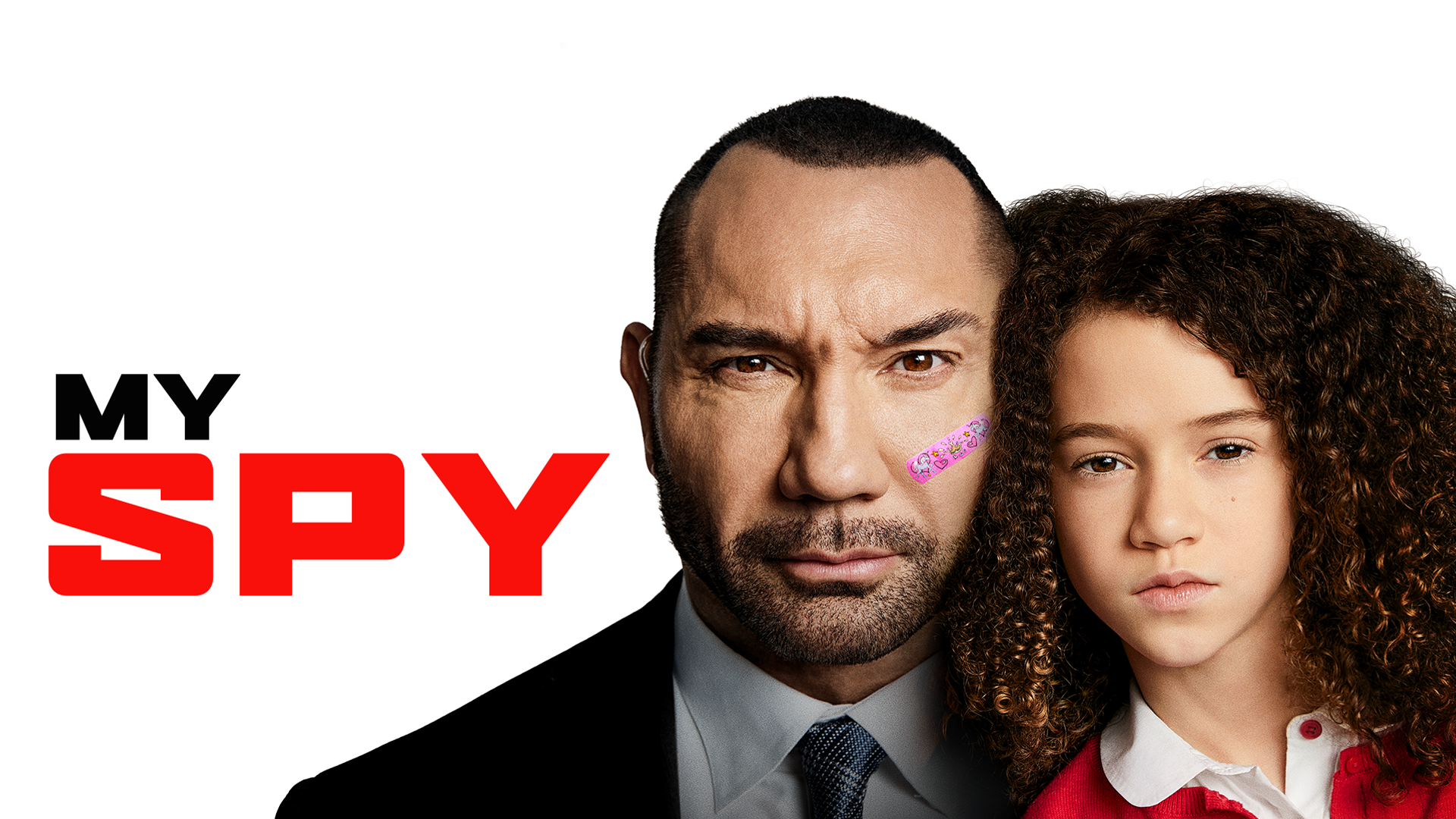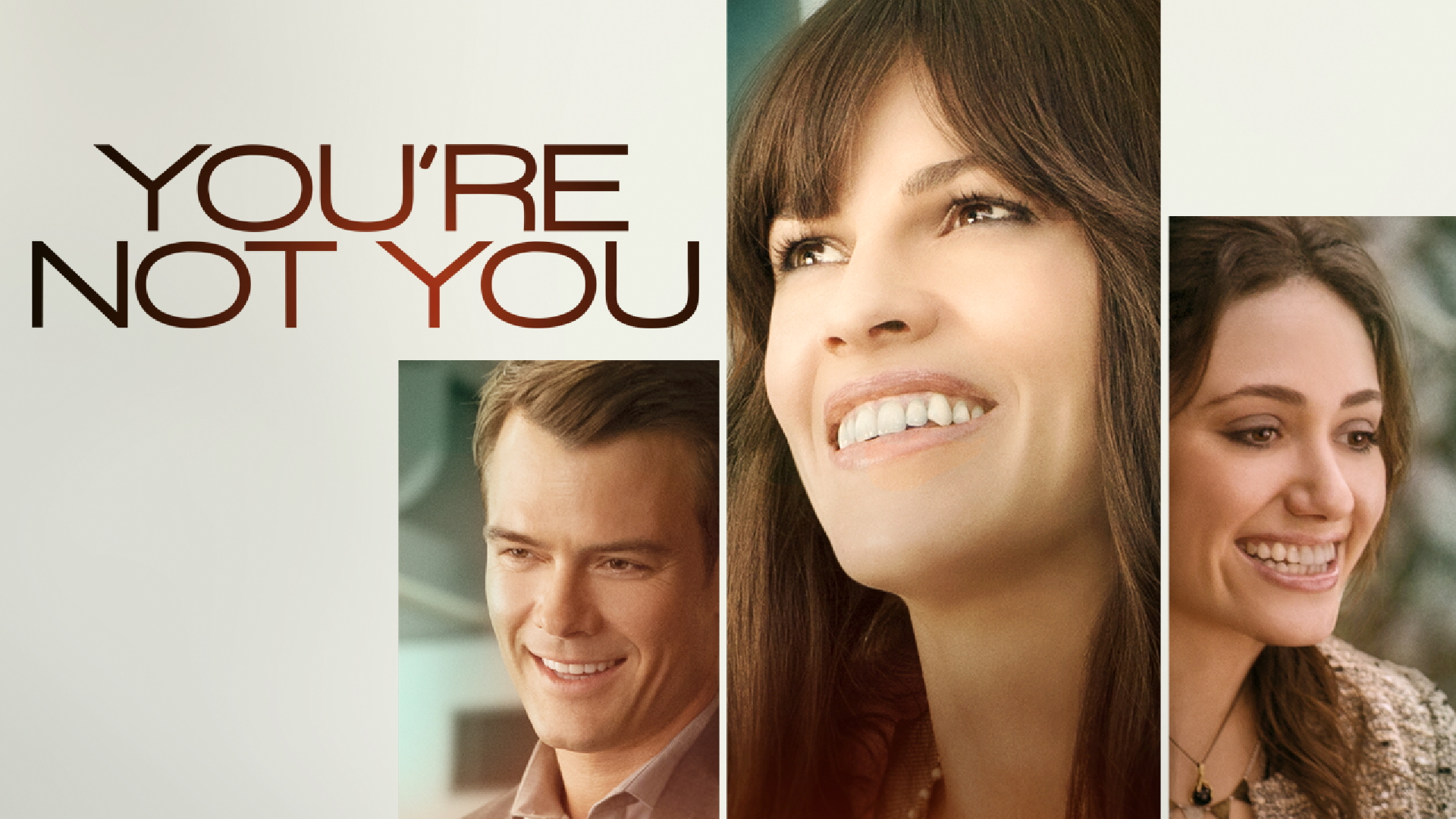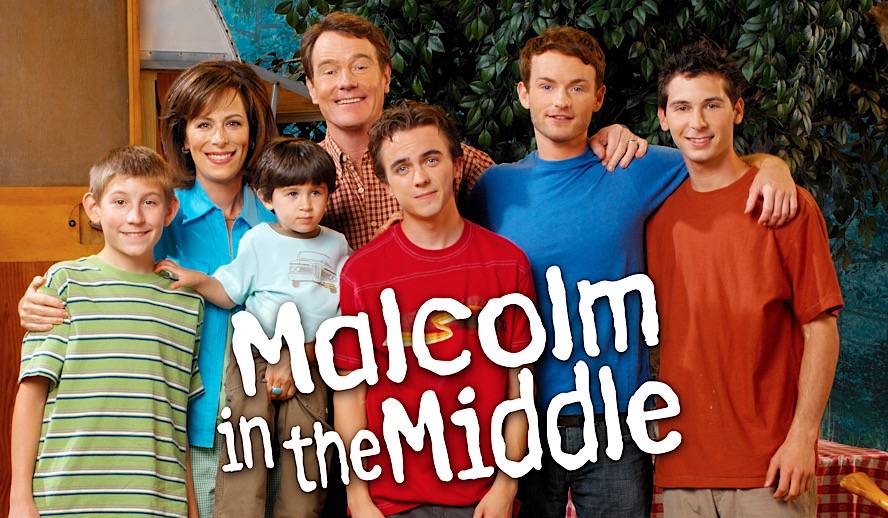Yentl (1983) – Movie Review (Full Movie below)
Yentl, directed by and starring Barbra Streisand, is a deeply personal and groundbreaking musical drama that blends themes of gender identity, love, and the thirst for knowledge into a unique cinematic experience. Based on Isaac Bashevis Singer’s short story Yentl the Yeshiva Boy, the film was a passion project for Streisand, marking her directorial debut—and the first time a woman directed, co-wrote, produced, and starred in a major studio film.
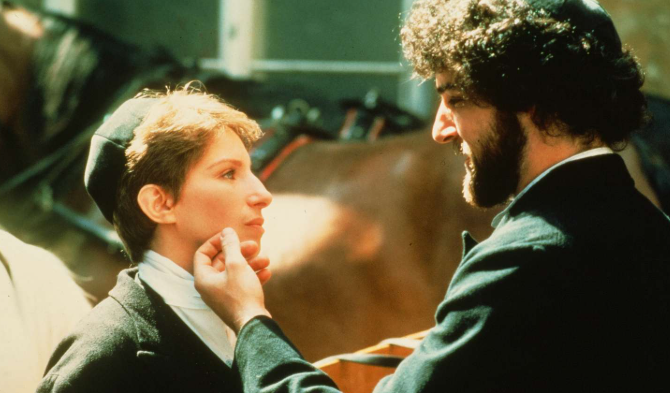
Set in early 20th-century Eastern Europe, Yentl tells the story of a young Jewish woman who defies the strict gender roles of her time. Yentl (Streisand) is raised by her father, a rabbi, who secretly teaches her Talmudic studies—something forbidden to women. After her father’s death, she disguises herself as a boy, adopting the name Anshel, and enrolls in a yeshiva (Jewish religious school) to continue her studies. This decision sets her on a journey of self-discovery, internal conflict, and complex emotional entanglements.
What makes Yentl extraordinary is its ability to balance the personal and the political. Streisand delivers a compelling performance, portraying Yentl’s longing for education and equality with both vulnerability and fierce determination. Her internal monologue is expressed through beautiful musical numbers, written by Michel Legrand with lyrics by Alan and Marilyn Bergman. Unlike typical musicals, the songs in Yentl are introspective—they don’t further the plot but instead serve as a window into the protagonist’s soul.
The heart of the film lies in the relationships Yentl forms while living as Anshel. She befriends Avigdor (Mandy Patinkin), a charismatic and intense fellow student, and becomes entangled in a love triangle when Avigdor asks “Anshel” to help woo Hadass (Amy Irving), a gentle young woman whom Yentl secretly envies and admires. These tangled dynamics bring tension, comedy, and emotional depth, all while highlighting the limitations placed on individuals—especially women—within a rigid, patriarchal society.
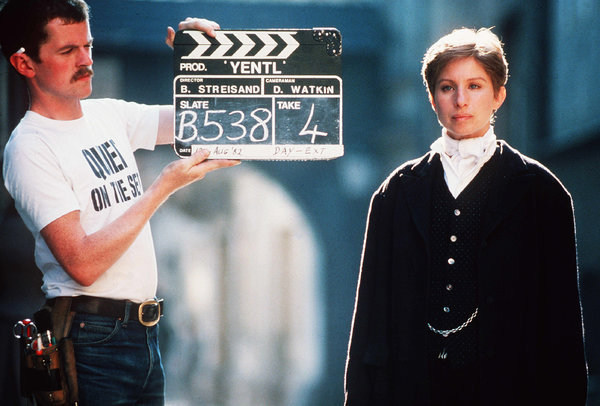
Visually, the film is rich in atmosphere, with soft lighting and lush countryside scenery that echo the romanticism of Yentl’s inner world. Streisand’s direction is confident and tender, capturing both the emotional nuance of her characters and the cultural details of the Orthodox Jewish setting.
At its core, Yentl is about identity—not just gender identity, but intellectual and emotional identity as well. It’s a story of someone who doesn’t fit the mold and chooses to break it, even at great personal cost. The ending is poignant and open-ended, as Yentl sets off for America in search of a place where she can be fully herself.
Critically acclaimed and culturally significant, Yentl broke barriers not just for its themes, but for its pioneering female leadership behind the camera. It remains a landmark film that continues to inspire discussions about gender, tradition, and the courage it takes to live authentically.
full movie
